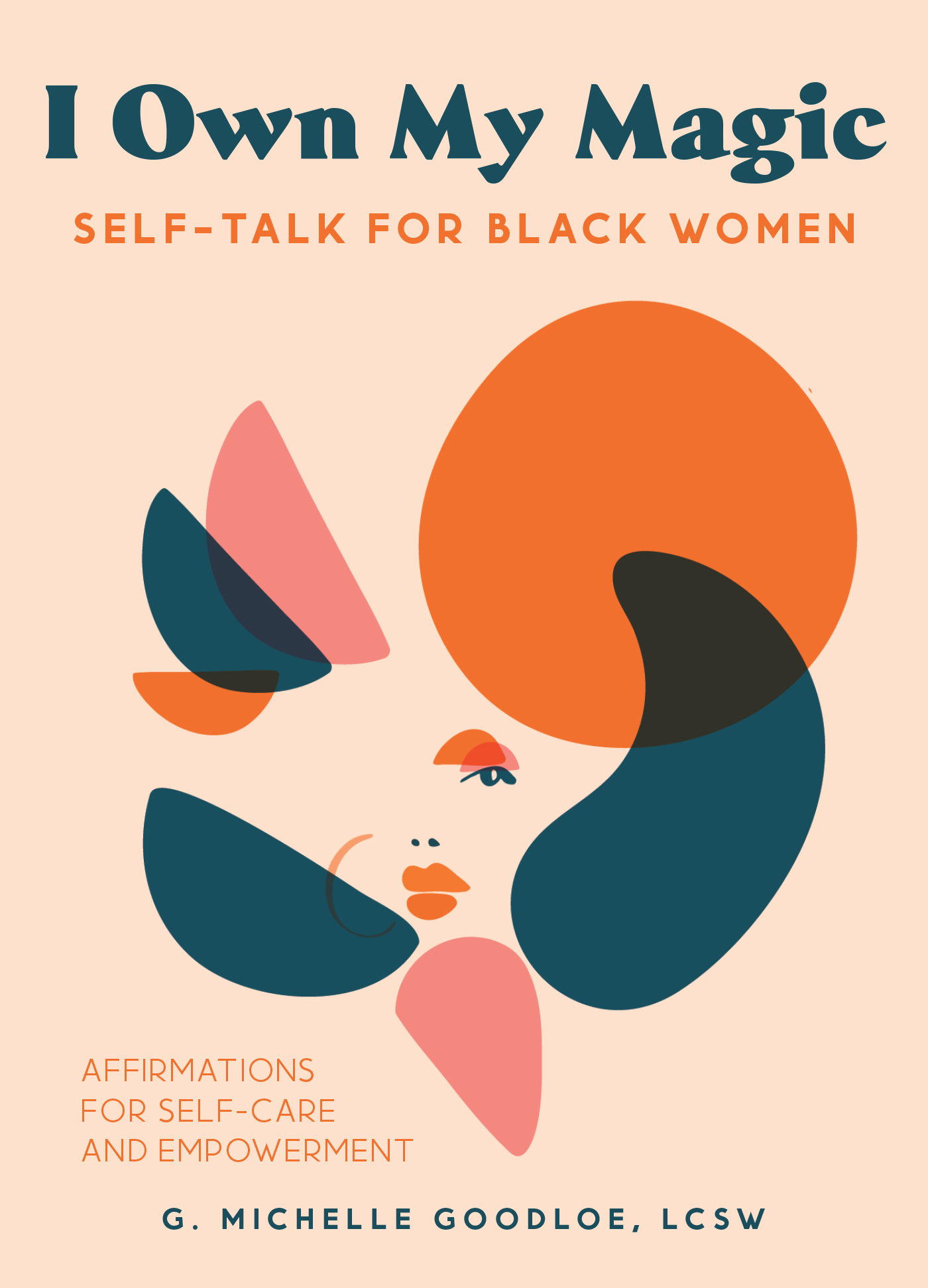
Shukr: 8 Tips for Making Dua
- Book Sample
The post below is excerpted from Shukr: An Inspirational Dua and Gratitude Journal for Women by Gabrielle Deonath, available today!
This journal was created especially with you—the modern Muslim woman—in mind. While a number of gratitude journals or prayer journals are available for women of other faiths, few of those books directly cater to the Muslimah.
As women, we are often overwhelmed with responsibilities and obligations in various areas of our lives, especially in our careers and personal relationships. I feel those pressures in my own life, even as a single woman in my mid-twenties. While I don’t have a house to run or children to take care of, I still feel like there aren’t enough hours in the day to take care of myself in all the ways I know I should—physically, mentally, emotionally, and spiritually. When I have to pick and choose how to practice self-care, I have often pushed my faith to the bottom of the to-do list. The more women I speak to, the more I realize how common this problem is for many of us, across all adult age groups.
Shukr aims to help you prioritize your relationship with Allah (SWT) by giving you space to reflect on hadiths, duas, and ayahs from the Qur’an in small bites that fit into your busy schedule. This journal is broken up into six sections centered on topics relevant to our daily lives: Belief & Worship, Relationships, Growth & Success, Health, Community, and Reflections
My personal relationship with Islam and Allah is ever evolving. It has ebbed and flowed in different phases of my life, but I am grateful that something always pulls me back to Allah (SWT), reaffirms my iman, and continues to keep faith at the center of my life.
I don’t know about you, but I’m feeling so much gratitude at this moment. I hope reading a little bit of my story inspires you to reflect on the divine ways in which Allah (SWT) has pulled you close to Him in your life, and I hope it inspires you to feel shukr in the depths of your heart as you begin this journal. If you take away anything from this journaling experience, I hope it is this: When you seek Allah (SWT), He will be there.
8 Tips for Making Dua, from Shukr
When you make dua, it is your one-on-one time with Allah (SWT) to ask for whatever you wish and to speak from your heart. To increase the chances of your prayers being accepted, here are eight tips to keep in mind:
1. Say your duas out loud.
Do not recite your prayers too loudly or silently but seek a way between. [Qur’an, 17:110]
2. Begin by praising Allah (SWT).
Amr bin Malik Al-Janbi narrated that he heard Fadalah bin `Ubaid saying: “The Prophet (SAW) said: ‘When one of you performs Salat, then let him begin by expressing gratitude to Allah and praising Him…’” [Jami at-Tirmidhi]
3. Send prayers upon the Prophet (SAW).
“…Then, let him send Salat upon the Prophet (SAW), then let him supplicate after that, whatever he wishes.” [Jami at-Tirmidhi]
4. Mention the attributes of Allah (SWT) using the ninety-nine names in a way that relates to your duas.
Allah has the Most Beautiful Names. So call upon Him by them.” [Qu’ran, 7:180]
5. Ask for forgiveness.
On the authority of Anas (RA), who said: I heard the Messenger of Allah (SAW) say: “Allah the Almighty said: ‘O son of Adam, so long as you call upon Me and ask of Me, I shall forgive you for what you have done, and I shall not mind. O son of Adam, were your sins to reach the clouds of the sky and were 9 you then to ask forgiveness of Me, I would forgive you. O son of Adam, were you to come to Me with sins nearly as great as the earth and were you then to face Me, ascribing no partner to Me, I would bring you forgiveness nearly as great as it.’” [40 Hadith Qudsi]
6. Mention good deeds you have done for the sake of Allah (SWT).
`Abdullah bin `Umar narrated: The Prophet (SAW) said, “While three men were walking, it started raining and they took shelter in a cave in a mountain. A big rock rolled down from the mountain and closed the mouth of the cave. They said to each other, ‘Think of good deeds which you did for Allah’s sake only and invoke Allah by giving reference to those deeds so that He may remove this rock from you.’” [Sahih al-Bukhari]
7. Make dua for others.
Abu Dharr reported that Allah’s Messenger (SAW) said: “There is no believing servant who supplicates for his brother behind his back (in his absence) that the Angels do not say: ‘The same be for you too.’” [Sahih Muslim]
8. Make dua often and not just in times of need.
Abu Hurairah (RA) narrated: The Messenger of Allah (SAW) said: “Whoever wishes that Allah would respond to him during hardship and grief, then let him supplicate plentifully when at ease.” [Jami at-Tirmidhi]
For reflections, encouraging hadiths, and more to help your Shukr practice, check out Gabrielle Deonath’s brand new book, Shukr.
Shukr
Strengthen your connection to your faith with this Islamic prayer journal designed specifically for Muslim women, featuring inspirational duas, hadith, and verses from the Qur'an. As women, we are often required to wear many hats that come with various obligations, both in our careers and our personal lives. It can feel as if there is little time
Learn more















